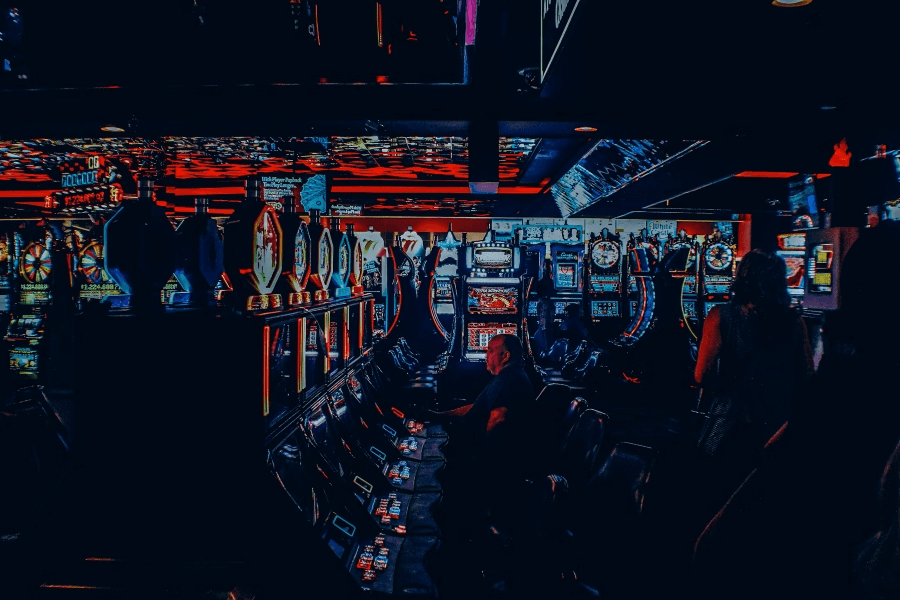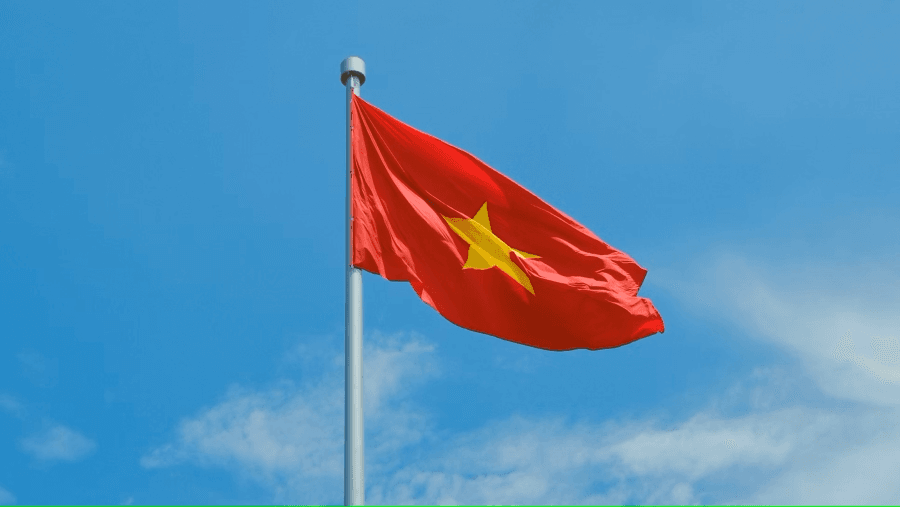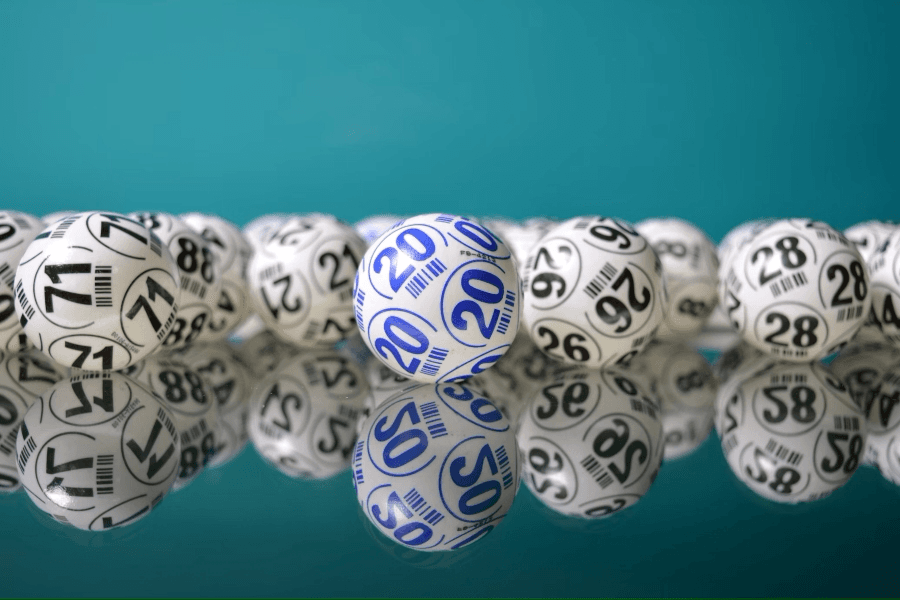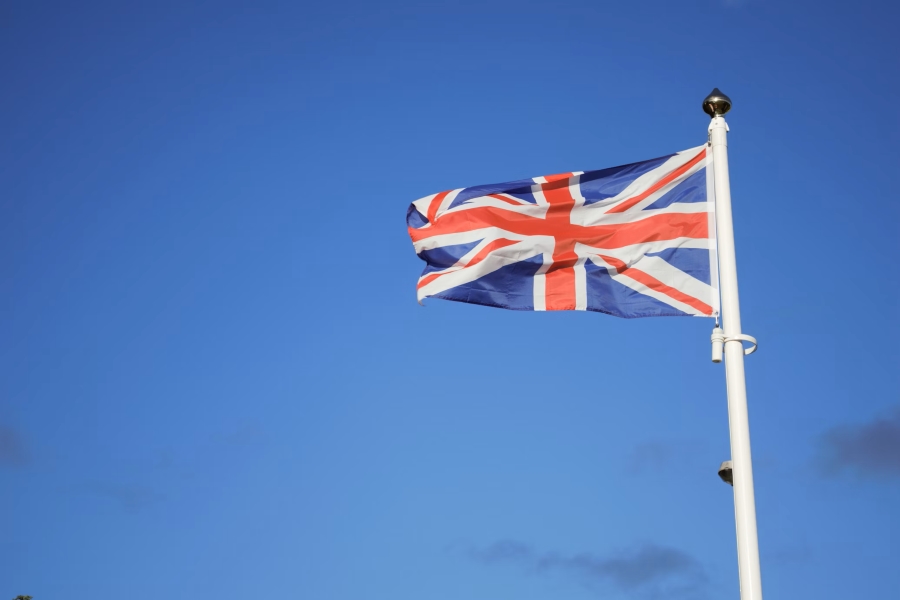


Mark Six Lottery Banned In Macau
Mark Six Lottery Banned In Macau
Share This Tags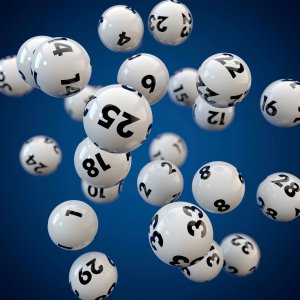 The recent legislative changes in Macau regarding the prohibition of the Mark Six lottery have sparked various discussions within the community.
The recent legislative changes in Macau regarding the prohibition of the Mark Six lottery have sparked various discussions within the community.
The newly passed bill explicitly bans the sale and operation of the Mark Six lottery in Macau. This legislative measure is part of a broader initiative aimed at curbing illegal gambling activities that have been proliferating in the region. Under this law, any involvement in the sale of Mark Six tickets can lead to severe penalties, including a maximum prison sentence of two years or financial fines equivalent to 240 days of the minimum wage.
Introduced in 1976 in Hong Kong, the Mark Six lottery has gained popularity over the years. Managed by the Hong Kong Jockey Club, the game has found its way into Macau, often through small, family-run businesses. The unique nature of this lottery, combined with its sporadic sales in Macau, has made it a target for regulation.
The bill underwent a rigorous legislative process, culminating in a final reading that highlighted the government’s commitment to tackling illegal gambling. Despite appeals from lawmakers like Ron Lam, who suggested that long-standing practices should be exempt from the new law, the Secretary for Administration and Justice, Cheong Weng Chon, maintained that all sales of Mark Six tickets are illegal.
The primary aim of this legislation is to combat the growing issue of illicit gambling in Macau. The government has recognized that the presence of illegal lottery sales undermines the integrity of regulated gaming operations and poses risks to public safety.
Officials have expressed concerns that unregulated gambling activities can lead to a range of social issues, including addiction and financial distress among players. By enforcing stricter regulations, the government hopes to protect vulnerable populations from the adverse effects of gambling.
The ban on Mark Six sales is also viewed through an economic lens. Legalizing and regulating gambling generates significant revenue for the Macau economy. By eliminating illegal operations, the government aims to ensure that all gambling activities contribute to the public coffers.
To effectively enforce the new regulations, the government has outlined a series of strategies. These include increased monitoring of small businesses and community shops that may engage in the resale of Mark Six tickets. Law enforcement agencies will be tasked with identifying and penalizing offenders.
The community’s response to the new legislation has been mixed. While some residents support the government’s efforts to regulate gambling, others feel that the ban on Mark Six is an overreach. Many believe that small-scale sales have minimal social impact and should not be criminalized.
Local businesses that have historically sold Mark Six tickets are particularly concerned about the implications of the ban. Many family-run shops rely on the resale of lottery tickets as a source of income. The new law poses a significant threat to their livelihoods.

